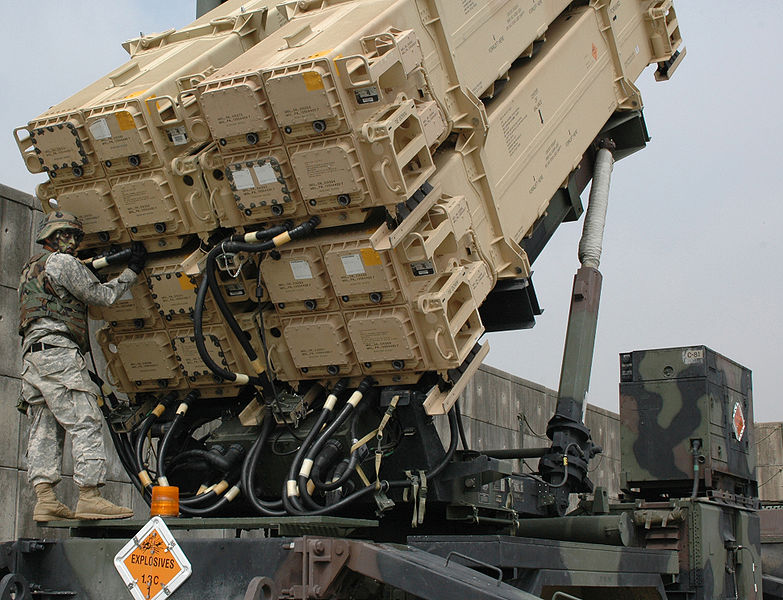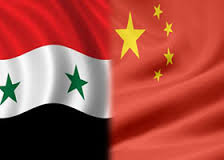The European economic crisis has garnered much of the world’s attention over recent years, with successive localized sub-crises confronting policymakers with a new set of challenges. Analysts and commentators have debated and criticized European authorities’ efforts to manage the immediate financial pressures afflicting Eurozone states. Predictably, the urgent economic difficulties facing the region have been accompanied by social tensions and trends that can have less immediate, but equally pernicious effects. One issue that has gained political traction since the onset of the crisis is immigration, with European politicians appealing to popular frustration, and sometimes xenophobic tendencies, by promising tighter border controls.
[captionpix align=”left” theme=”elegant” width=”300″ imgsrc=”http://natoassociation.ca/wp-content/uploads/2013/06/D1.jpg” captiontext=””Free movement between EU member states has been one of the most lauded aspects of European integration.””]
Free movement between member states has been one of the most lauded aspects of European integration. The absence of border controls represents a tangible benefit for most EU citizens, a stark contrast with many of the institutional arrangements with which most Europeans have little interaction. Population mobility has been defended on economic grounds as it allows for labour mobility, but it may be even more significant in terms of culture. Supporters of European integration tend to adhere to a regionalism that extends beyond the political and economic. Social ties between member-state populations are an important ingredient of any political entity whose constituents can rightly be labelled “citizens.” Ideally, these ties can even serve as a bulwark against the return of the nationalist politics that have historically fuelled conflict in the region.
The absence of border controls between European states is grounded in the Schengen agreement to which all but five EU states are members. Norway, Lichtenstein, Switzerland, and Iceland also belong to the Schengen area despite remaining outside of the EU. Though not always adhered to, the Schengen agreement established that individuals would be permitted to travel between signatory states without being required to provide a passport or being subject to migration controls. However, there have been persistent concerns that some states have established de facto border controls that, at the very least, violate the spirit of the agreement. In the most recent development, European authorities have proposed a change to the agreement that would allow individual states to enact border controls for up to four consecutive six month periods. This proposed change stems from a dispute between member states over how to accommodate a surge in North African migrants leaving that restive region.
These changes certainly indicate a curtailed commitment to free movement within Europe, but importantly stem from concerns over migration to Europe from other regions. In other words, internal border restrictions are intrinsically related to Europe’s external borders which do maintain immigration controls. European states appear to have bolstered their external border projects as well, but the way in which border security is being pursued has raised alarm in some quarters. European authorities have partnered with private industry to establish surveillance and other migration management procedures which some argue has created a potentially problematic and symbiotic nexus between business, policymakers, and rising anti-immigrant sentiment. Of course, monitoring external borders is not a new development in Europe, but if hardening borders becomes a profitable enterprise there is cause for concern. Some EU politicians have criticized specific border security projects with this issue in mind.
The strengthening of Europe’s internal and external border controls is a disconcerting trend to those who view population mobility as important to the European project, and interpret an increase in migration controls as politically regressive. Some are also concerned about a possible rise of far-right movements that foster xenophobic nationalism and could encourage destabilizing foreign policies. These concerns are hardly unfounded, but it is important not to overstate matters. While far-right movements like Greece’s Golden Dawn have garnered unprecedented publicity in recent years, such forces are vastly outweighed by moderate and left-wing movements in every significant political jurisdiction. Nationalist and xenophobic movements cannot be ignored, but if their power is overstated it becomes increasingly tempting for politicians to partially accommodate their demands.
The recent trends in Europe’s border policies cannot be reduced to the rise of nationalist politics in an era of economic crisis, although this is undeniably part of the picture. A more comprehensive analysis must include an appreciation of the nature of European integration. European states, particularly EU members, have surrendered a degree of their political autonomy in favour of a multilateral approach to policymaking. But these governments are still faced with the individual responsibility of managing their particular socio-economic pressures in the context of a regional economy. Essentially, national boundaries may be less politically salient, but this has not been matched with a decline in their economic relevance. The contradictions of this arrangement are coming forth in the form of harsher migration controls as member states struggle to maintain their commitment to regionalism while managing their internal circumstances. Hopefully, Europe’s social tensions and economic pressures can be accommodated without burdening already vulnerable migrants, and without returning to destabilizing political divisions.




